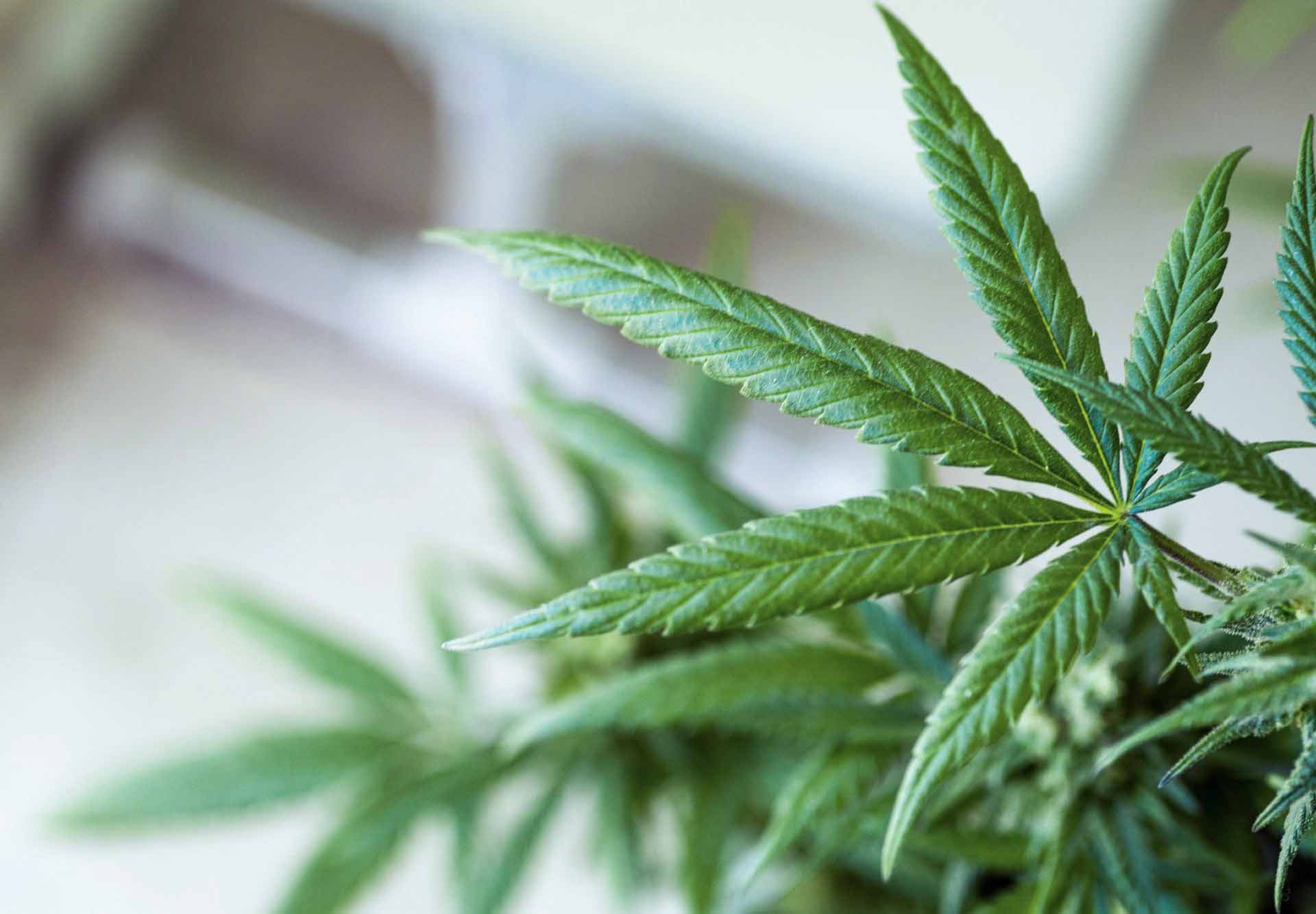Since more states are legalizing recreational marijuana, experts are delving into the effects of prenatal cannabis exposure on children. In 2020 alone, six states decriminalized marijuana use, bringing the total to 19 states and DC that have legalized marijuana.
At Washington University in St. Louis, Missouri, researchers are focusing on studying the long-term impacts of cannabis exposure on fetuses following decriminalization.
Investigation into Prenatal Cannabis Exposure
In 2020, researchers initiated a study to assess mental health indicators in thousands of 9- and 10-year-old children who had varying levels of exposure to cannabis in utero. The plan included monitoring changes throughout their adolescent and teen years.
The initial study revealed that children exposed to cannabis during pregnancy exhibited increased sleep and cognitive issues. In September 2022, researchers released a follow-up study with the same group, now aged 11 and 12, showing that these problems persisted and, in some cases, worsened as the children entered adolescence—a critical period for mental health.
Prenatal Cannabis Exposure Research
The research on cannabis exposure is part of the nationwide Adolescent Brain Cognitive Development (ABCD) study, which explores brain development and child health over the long term. Institutions nationwide are leveraging data from thousands of children and parents to address crucial questions about brain development during childhood.
In 2020, Washington University researchers studied 10,600 children whose mothers used marijuana to varying extents during pregnancy. Some mothers used marijuana before realizing they were pregnant or during the early stages of pregnancy, while others continued throughout.
The study aimed to determine if children exposed to cannabis in utero displayed mental health symptoms by ages 9 or 10. The findings focused on five categories of symptoms, including aggressive behaviors and attention problems.
Children whose mothers smoked marijuana throughout pregnancy exhibited heightened mental health symptoms. However, the study’s observational nature suggests factors other than cannabis use could have contributed to these symptoms.
Effects of Pre-adolescent Marijuana Exposure
The researchers followed up with the same children, now approaching adolescence, two years after the initial study. Adolescence is a critical period for investigating mental health concerns.
Adolescence marks the onset of a significant number of symptoms for children, potentially leading to diagnosable mental health conditions. Therefore, they may face an increased risk of developing full-fledged mental health issues during adolescence.
The 2022 follow-up study aimed to assess changes in symptoms for children who exhibited mental health issues two years earlier. Those exposed to marijuana in utero continued to show elevated mental health symptoms like depression and anxiety, aligning with the initial findings.
Risks of Marijuana Use During Pregnancy
Experts from various fields, including pediatrics and psychology, are examining the potential effects of marijuana use during pregnancy on both the mother and the fetus.
The immediate and long-term effects of prenatal marijuana exposure on fetuses are challenging to predict accurately. While historical data linked marijuana use during pregnancy to risks like low birth weight, the primary concern was associated with smoke inhalation rather than marijuana itself.
Research in this area is complex due to ethical considerations and the need for extensive testing and medical histories. Despite some advocating for marijuana use to alleviate morning sickness, caution is advised due to uncertainties surrounding its implications.
As cannabis legalization expands, the long-term effects of prenatal marijuana exposure remain uncertain. Researchers are just beginning to explore and grasp the impacts on fetal development. Medical professionals recommend abstaining from marijuana use during pregnancy until more definitive research is available.
In conclusion, the study from Washington University highlights the negative impact of prenatal cannabis exposure on children’s mental health at ages 9 and 10, which persisted at 11 and 12 years old. With the evolving landscape of marijuana legalization, further research is essential to understand its effects comprehensively. If you are pregnant and have used marijuana, even inadvertently, consulting a healthcare provider is advisable.
Meaningful articles you might like: Educating Your Child About Smoking, E-Cigarette Use In Teenagers Is a Precursor To Daily Tobacco Use, When Is Anxiety a Concern for You and Your Child?

